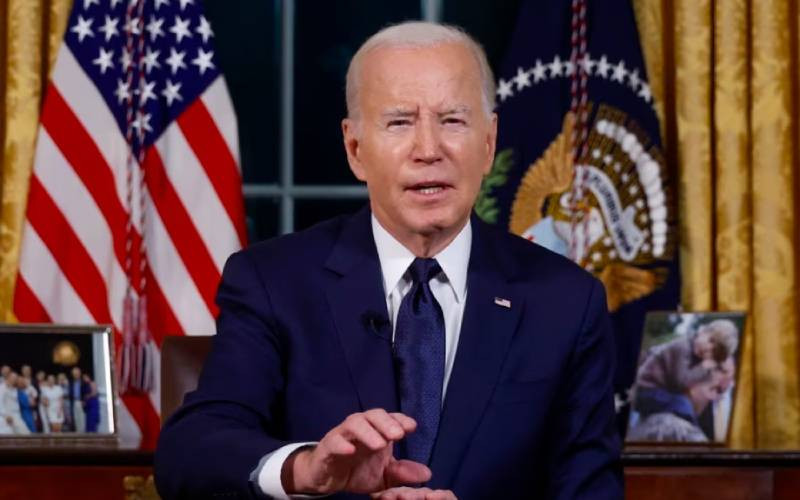×
The Standard e-Paper
Smart Minds Choose Us

President Joe Biden made a direct appeal to the American people to continue funding the war efforts of Ukraine and Israel during an Oval Office address Thursday evening, a day after returning from Tel Aviv to show support for a key Washington ally.